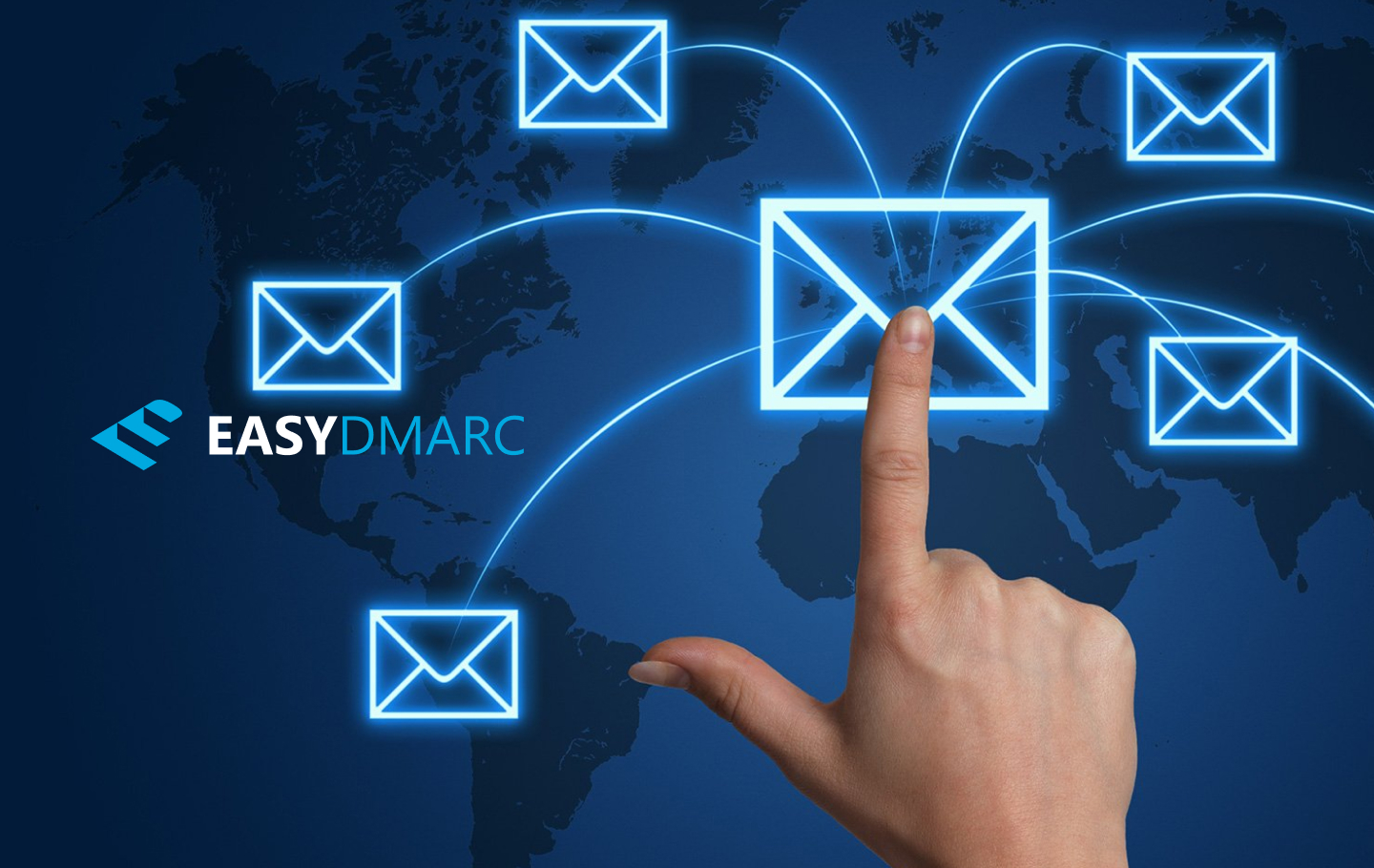Electronic mail has evolved to become one of the most efficient and cost-effective means of communication globally. As small businesses depend on email communication, it’s a common pathway for cybercriminals to steal sensitive company information. Cyberactors target email because it’s relatively cheap, easy to use, and has a series of vulnerabilities they can exploit.
Ransomware attacks, data breaches, and viruses are only a few possible email security issues that can lead to financial or reputational damages. According to the FBI, email phishing has the most significant number of cases yearly, and Business Email Compromise (BEC) is the email fraud that causes the most financial damage.
Email security is a vital issue that every small business should address to eliminate the risk of these malicious threats. Read on to learn how to protect your email communications with our business email security tips below.
Make a Cybersecurity Plan
Having a cybersecurity plan is one of the top email security tips for businesses. While it’s only one component of your overall security strategy, it’s definitely not the least important one. From setting protocols in place to making sure your people are equipped to face and respond to any threats, a cybersecurity plan is your company’s protection bedrock.
Implement Work-From-Home Best Practices
With the COVID-19 pandemic, many organizations are forced to operate remotely. This has caused a rise in the number of email phishing attacks. With employees working outside the company’s security perimeter, they’re more prone to social engineering attacks.
SMBs operating remotely should implement the best security practices to align with their business goals. All employees working from home should use up-to-date and robust antivirus and internet security software. A secure Wi-Fi connection with WPA2 encryption and a non-guessable router passcode are also vital.
Mobile Device Management Policies
SMBs should create strict mobile device management policies governing company or personal mobile use to send and receive business emails. The policies should enforce strong passwords, phone locks, and even app locks.
Business owners can install an enterprise-grade business solution with built-in mobile device management features to protect critical business information.
Use Email Encryption
Small business owners should use providers that encrypt emails to prevent cybercriminals from accessing and reading their messages. You can encrypt your emails in several ways, depending on the security level you want.
SMBs can decide to use a third-party encrypted email hosting service or install an email security certificate like Pretty Good Privacy (PGP) on their email server. This allows your employees to share a secret passkey to encrypt and decrypt messages.
SMBs can decide to use a third-party encrypted business email hosting service or install an email security certificate like Pretty Good Privacy (PGP) on their email server.
Enforce Email Security Protocols
Emails are designed without security in mind, so it’s imperative for SMBs to enforce email security protocols to protect their messages from malicious access. SPF, DKIM, and DMARC add an extra layer of security to your email. Jumping on the email security protocol adoption journey can help prevent phishing and email spoofing.
Enforce Cyberawareness
Small and medium-sized businesses should carry out cyberawareness programs to educate employees on the risk of email attacks and the steps they should take when they notice malicious emails. Below are some best practices you should enforce among your employees.
Password Hygiene
Password hygiene strengthens your cybersecurity defenses against attackers. Attackers tend to use password guessing, credential stuffing, or brute force attacks to compromise accounts with weak protection. That said, SMBs should pay attention to employee password hygiene. It’s also good practice to enforce using password managers.
Creating strong and unique passwords and keeping them up to date for different accounts will be easier with dedicated software.
Locking the Screen
If you walk away from your working space, do you lock your computer? This might not seem like a major issue, but leaving your computer unlocked can give an attacker access to sensitive information. SMBs should implement a policy that all employees lock their mobile or computer screens when they’re not in use.
2FA/Multi FA
Protecting your business and customers’ accounts should be a vital part of your business plan. Small businesses should implement Multi-Factor authentication to add an extra level of security to all devices and accounts. It ensures that anyone trying to log into your network will need to supply more than just the login credential to gain access.
Email Retention
Educate employees on what data is critical to the business and create an email retention policy. The policy should encourage staff to delete emails that don’t support business efforts and enforce compliance. You can create a 60-90 day policy encompassing automatic archiving of irrelevant emails and permanent deletion after a given period.
Use a VPN
Even if your employees follow best security practices, some still require using a VPN to create an encrypted tunnel that connects a home device to a corporate network. This will help safeguard your company from cybercriminals targeting home Wi-Fi.
Free VPNs are widely used among SMBs employees because they’re “free.” But avoid using these services because many of them sell your information to third parties. With a paid VPN specifically built for businesses such as goodaccess.com, you will have a higher tier of security through the use of a dedicated cloud vpn with IP whitelisting, and multi-site zero-trust access. For paid VPNs, ensure the service provider is located in a country with strict data privacy rules
Maintain Backups
Backups are crucial for maintaining uninterrupted business operations. Whether it’s an employee accidentally deleting an article on your blog, a bug on your website, malware that can corrupt your systems, or ransomware, you’ll need backups to restore the latest version of your asset. Backups are a safety net you can fall back on.
Recovering your assets without a backup can turn into a tedious and expensive task, especially for SMBs that don’t have that resource.
Final Thoughts
Cybercriminals will always send malicious emails to SMBs to steal critical information and compromise their networks. That’s why small business owners must enforce the best email security practices to prepare for and navigate through these risks.
Now that you know the best email security tips, you can protect your emails, customers, and employees from malicious attacks. Don’t forget to create a cybersecurity plan, train your employees to spot phishing attacks, and teach them how to respond. Remember that regular backup is essential too.


